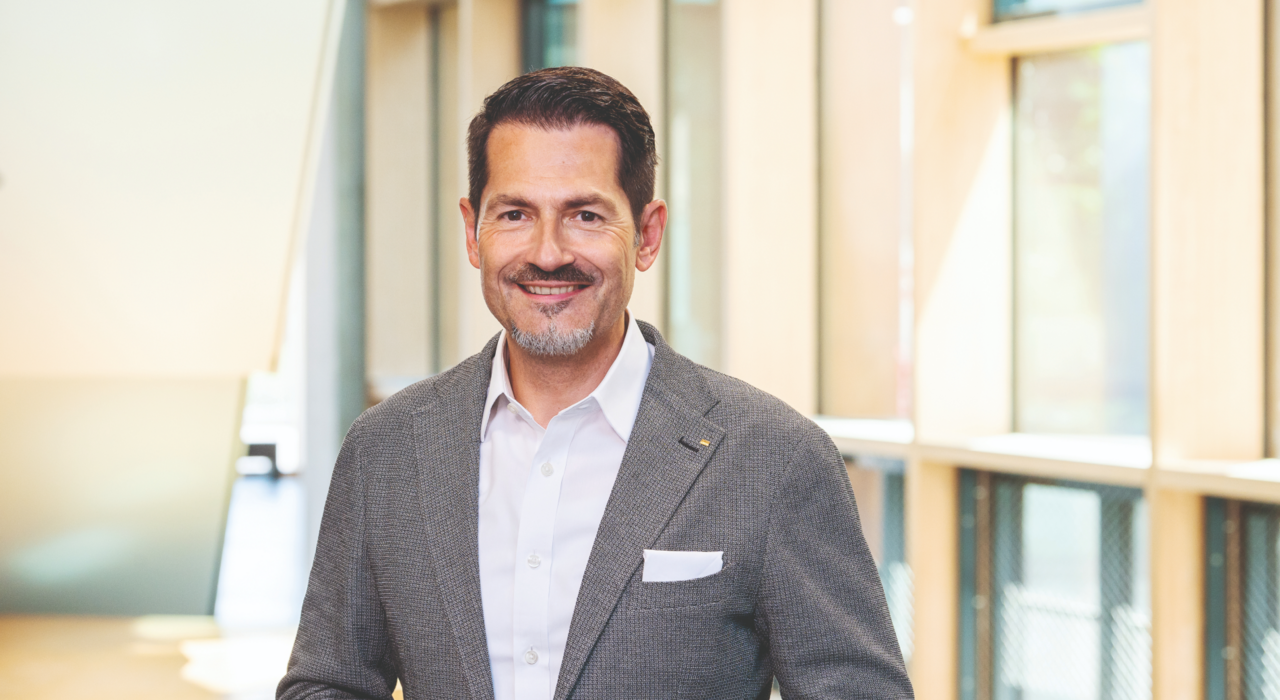TUM President’s Foreword
TUM is focusing specifically on clarifying the major unanswered questions of today’s science and on developing future-oriented fields of technology.

Image: Astrid Eckert
More than ever complex scientific challenges require the dynamic, cross-border interaction of disciplines. This way science and technology can become game changers. They led us out of the pandemic and pointed us in the right direction to a sustainable way of living and economy in the major crises in recent years. This shows that science and technology are essential parts of the solution to various challenges. They can lead us to resource efficiency and energy conservation, which are important elements of sustainability.
Therefore, the TUM Sustainable Future Strategy 2030, which we recently adopted, is a historic step. Our university wants to contribute to overcoming the biggest challenges currently facing humanity: climate change and the necessity of resource efficiency and energy conservation. Focusing on the goal of sustainability in research, teaching, campus operations and university community requires enormous innovation, not just in the sense of technology, but also in our teaching and research content, in our organization, in our management and in our founding activities.
The first TUM Sustainability Day in October 2022, with significant participation from our TUM Institute for Advanced Study, showed the enormous range and diversity of sustainability activities at all TUM locations. Just three examples: In TUM SEED CENTER (Sustainable Energies, Entrepreneurship and Development) we research, teach and innovate on sustainable and affordable energy solutions for the global south. In our TUM Mission Network Circular Economy, we pool our resources for the realization of a sustainable circular economy. At TUM-IAS are not only half of its 70 Focus Groups working on scientific projects directly connected to the UN Sustainable Development Goals, the TUM-IAS is also responsible for selecting the international awardees of the Nobel Sustainability Trust.
Our university community consisting of students, researchers, alumni and business partners is the driving force behind the change towards more sustainability. As heads of the university, it is our task to create and support structures and initiatives realizing this.
New Schools
The new structure of our university serves exactly these purposes. The traditionally disciplinary oriented faculties are being transformed into seven schools with a broader subject focus, between which interdisciplinary research centers are located. Intensive cooperation across disciplinary boundaries, orientation toward the major research topics and professional fields of the future, modern governance structures. With its schools, TUM is creating future-proof units that break away from the small-scale faculty structure of German universities, are positioned more broadly, and can thus take up and establish newly emerging complex fields more quickly, e.g., Data Science, Biogenic Materials, or Mobility Systems Engineering. Through system-integrative networking via the interdisciplinary research institutes at the interfaces of the disciplines, we create a matrix organization, which enables innovative research and teaching. This restructuring is the most radical reform in the more than 150-year history of our university.
Expansion of TUM Campus Heilbronn
The TUM Campus Heilbronn, which was founded in 2018, is turning into a center of force for the form of digital transformation. The Dieter Schwarz Foundation is raising its long-term engagement at TUM by ten to a total of 41 professorships. These additional professorships are focused on Data Science and Artificial Intelligence. Part of the unique expansion program of the Dieter Schwarz Foundation are also two new Fellowships for the TUM-IAS, which are building a bridge between Heilbronn and the TUM location Garching.
TUM-IAS Fellowships for Ukrainian Scientists
Immediately after the Russian invasion of the Ukraine in February 2022, TUM initiated a comprehensive program. Students from the Ukraine and Russia should be supported. Furthermore, the TUM-IAS immediately accepted ten Ukrainian researchers, which were forced to leave their homes. Thanks to major private donations, we were able to act quickly and give the Ukrainian scientists a new academic home. They are integrated in our community and have benefited TUM and our research.
What also enriches and pleases us is that the IAS Fellows have again received top prizes and awards in the past year, proving once again that our IAS has always been a thought incubator.